Reduce inflammation and improve your health by making and eating our anti-inflammatory recipes below! These recipes are loaded with ingredients that help fight inflammation such as vegetables, spices, legumes, and fruits.
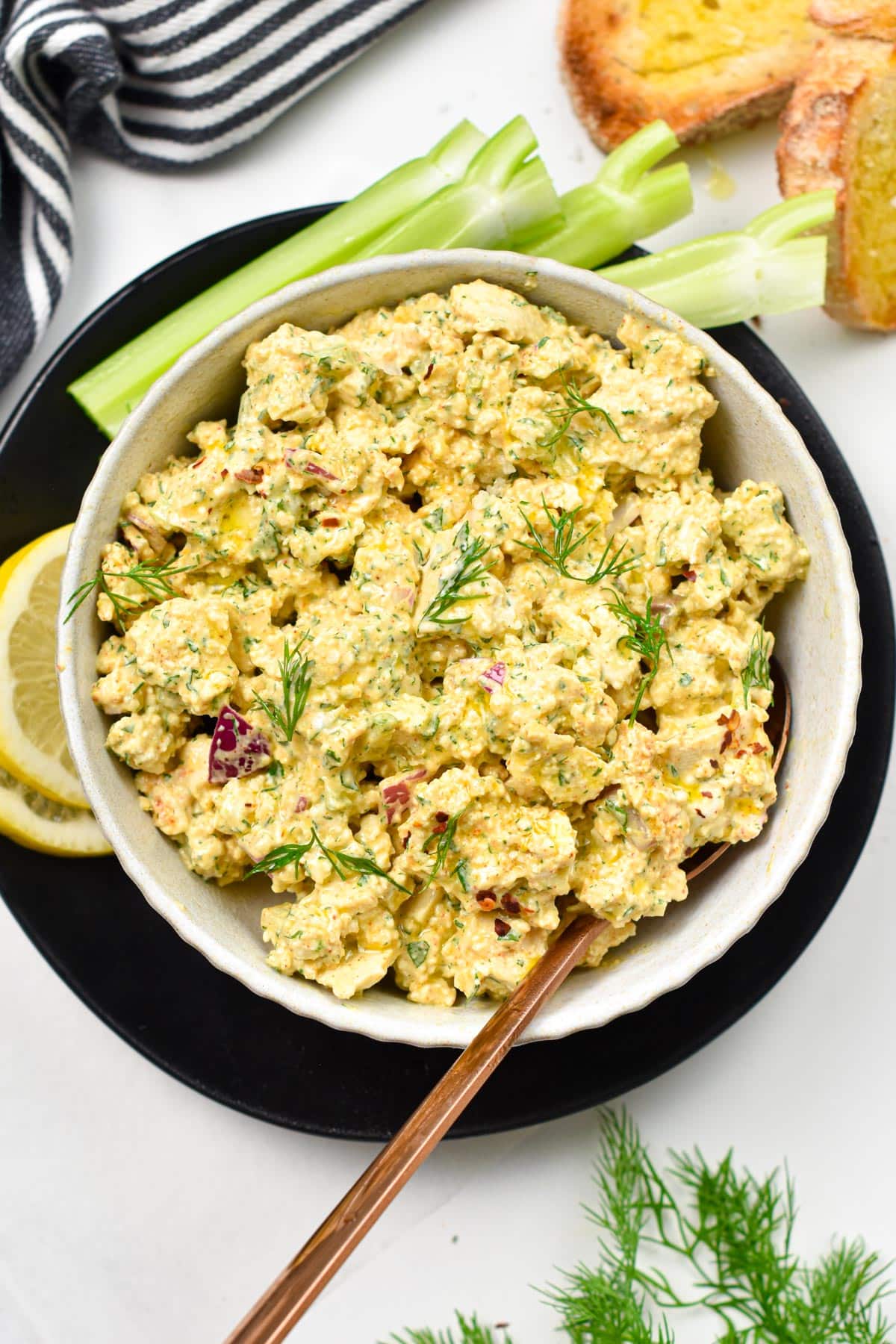
Inflammation is a normal immune response that helps the body fight off infection and injury.
However, chronic inflammation can be harmful to health and has been linked to a number of diseases, including heart disease, stroke, cancer, and Alzheimer’s disease.
There are a number of things you can do to reduce inflammation, including eating an anti-inflammatory diet.
An anti-inflammatory diet is rich in fruits, vegetables, whole grains, and plant-based protein, and it is low in processed foods, unhealthy fats, and sugar.
This post lists 22 recipes that are anti-inflammatory and delicious. These recipes are easy to make and can be enjoyed by everyone.
Anti-Inflammatory Ingredients
The anti-inflammatory properties of the recipes below come from the ingredients they contain. Some of the most important anti-inflammatory foods include:
- Chickpeas – Chickpeas are a good source of fiber, protein, and vitamins, and they also contain a compound called saponin, which has been shown to reduce inflammation.
- Carrots – Carrots are a good source of beta-carotene, which is converted to vitamin A in the body. Vitamin A is an antioxidant that can help to reduce inflammation.
- Turmeric – Turmeric is a spice that contains a compound called curcumin, which has powerful anti-inflammatory properties.
- Ginger – Ginger is a spice that has anti-inflammatory, antioxidant, and pain-relieving properties.
- Sweet potatoes – Sweet potatoes are a good source of beta-carotene, which is converted to vitamin A in the body. Vitamin A is an antioxidant that can help to reduce inflammation.
- Black beans – Black beans are a good source of protein, fiber, and vitamins, and they also contain a compound called anthocyanin, which has been shown to reduce inflammation.
- Chipotle peppers – Chipotle peppers are a type of chili pepper that contains capsaicin, which has anti-inflammatory properties.
- Lentils – Lentils are a good source of protein, fiber, and vitamins, and they also contain a compound called quercetin, which has been shown to reduce inflammation.
- Beans – Beans are a good source of protein, fiber, and vitamins, and they also contain compounds called saponins, which have been shown to reduce inflammation.
- Corn – Corn is a good source of fiber and vitamins, and it also contains antioxidants, which can help to reduce inflammation.
- Tomatoes – Tomatoes are a good source of lycopene, an antioxidant that has been shown to reduce inflammation.
- Spices – Spices like cumin, coriander, cinnamon, and turmeric have anti-inflammatory properties.
- Leafy Vegetables – Leafy greens like spinach, kale, basil, or lettuce contain anti-inflammatory compounds.
- Some Oils – Olive oil is one of the better oils to fight inflammation.
- Berries – many berries such as blueberries and raspberries are rich in anthocyanins, a compound that helps reduce inflammation.
Inflammatory Ingredients To Avoid
While there are a number of ingredients that can help fight inflammation, some other ones tend to trigger or worsen inflammation.
To reduce inflammation, limit or avoid using the following ingredients:
- Added sugar: Eating too much added sugar can lead to inflammation throughout the body.
- Refined carbohydrates: Refined carbohydrates, such as white bread and pasta, can cause a spike in blood sugar levels, which can lead to inflammation.
- Fried foods: Fried foods are high in unhealthy fats, which can promote inflammation.
- Processed meats: Processed meats, such as bacon and sausage, are high in unhealthy fats and sodium, both of which can promote inflammation. Of course, you won’t find any of these on The Conscious Plant Kitchen.
- Red meat: Red meat is high in saturated fat, which can promote inflammation. Similarly, you won’t find any of these on this site!
- Alcohol: Alcohol can increase inflammation in the body.
- Trans fats: Trans fats are unhealthy fats that can be found in some processed foods.
- Omega-6 fatty acids: Omega-6 fatty acids are essential fatty acids that the body needs, but too much omega-6 can promote inflammation.
Tips To Reduce Inflammation
Here are some tips for reducing inflammation in your diet:
- Eat plenty of fruits and vegetables: Fruits and vegetables are low in calories and high in nutrients, including antioxidants, which can help to reduce inflammation.
- Choose whole grains over refined grains: Whole grains are a good source of fiber, which can help to regulate blood sugar levels and reduce inflammation.
- Choose lean protein sources: Lean protein sources, such as chicken, fish, and beans, are low in saturated fat and calories.
- Limit processed foods: Processed foods are often high in unhealthy fats, sodium, and added sugar, all of which can promote inflammation.
- Drink plenty of water: Water is essential for good health and can help to flush out toxins and reduce inflammation.
- Get regular exercise: Exercise is a great way to reduce inflammation and improve overall health.
- Use good fats: Some fat like some oils can be rich in inflammatory compounds. You need to use fat that is rich in omega-3 fatty acids.
22 Recipes To Fight Inflammation
Roasted Cauliflower Salad
Vegan Mashed Sweet Potatoes
Overnight Oats with Coconut Milk
Sour Apple Smoothie
Tofu Scramble
Vegan Chickpea Omelette
Grapefruit Smoothie
Sofritas (Copycat But Better)
Carrot Cake Overnight Oats
Lentil Wraps
Pitaya Bowl
Zucchini Smoothie
Lentil Taco Meat
Black Bean Muffins
Red Lentil Flatbread
Sautéed Carrots
Sunflower Seed Crackers
Spinach Pineapple Banana Smoothie
Zucchini Potato Soup
Flaxseed Pudding
Dragon Fruit Smoothie
Chickpea Tortillas
Black Bean Brownies
Vegan Stuffed Zucchini Boats
Frequently Asked Questions
There are many foods that have strong anti-inflammatory properties and can help quickly decrease inflammation such as leafy vegetables (spinach, kale, basil), nuts (almonds, walnuts, pecans), fruits (blueberries, strawberries) without having to consider non-plant-based foods like salmon, sardines, or mackerel.
The most plant-based anti-inflammatory foods are berries, broccoli, avocado, green tea, and peppers.
Regular pasta is rich in carbohydrates and is therefore inflammatory. It’s better to opt for either whole-grain pasta or better choose quinoa, brown rice, or edamame pasta that are very rich in anti-inflammatory compounds.

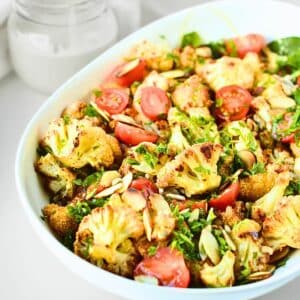
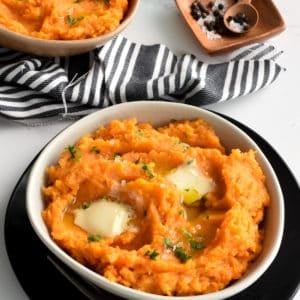
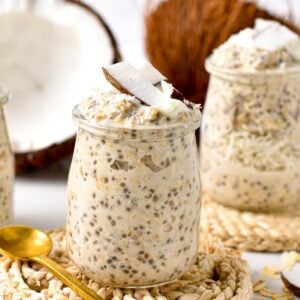
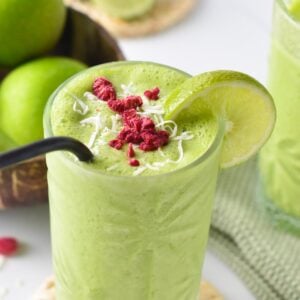
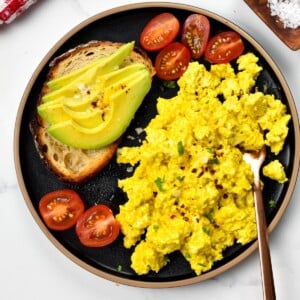
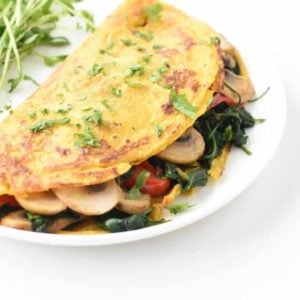
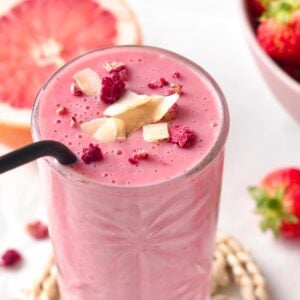
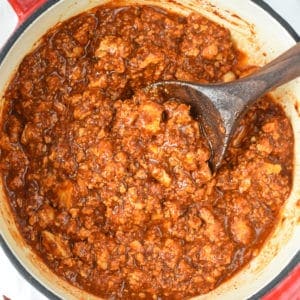
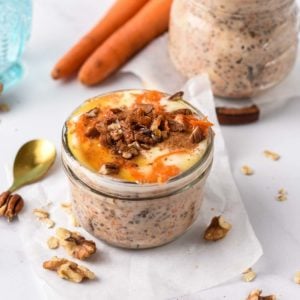

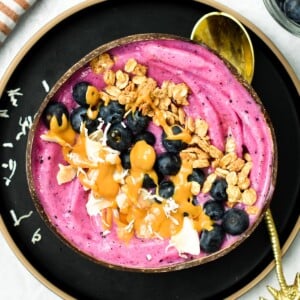
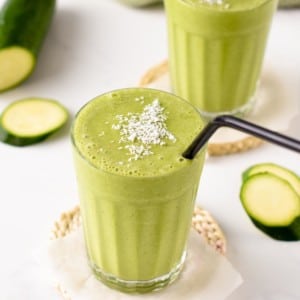



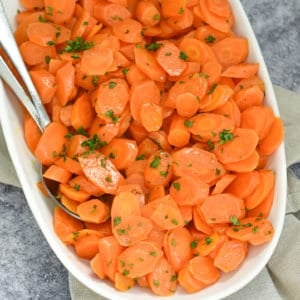
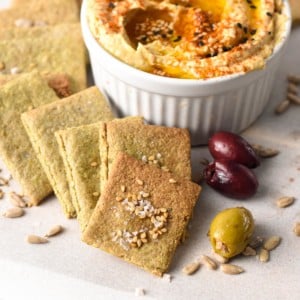
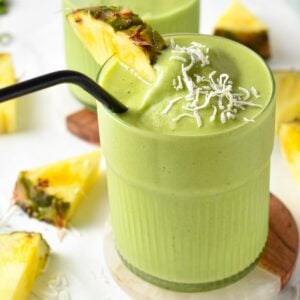
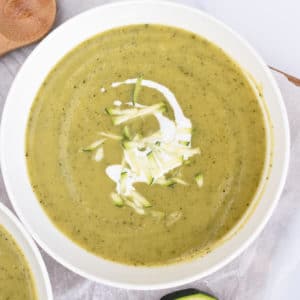
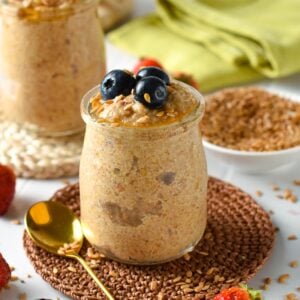
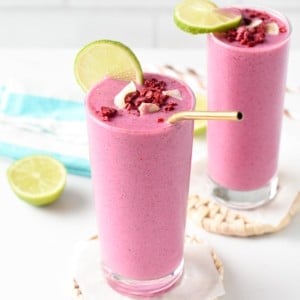





I am so happy to find these recipes!!! This is the largest collection of highly rated anti-inflammatory recipes that I have found online in all my searches over the last year! Can’t wait to try them. Thank you so much!!!